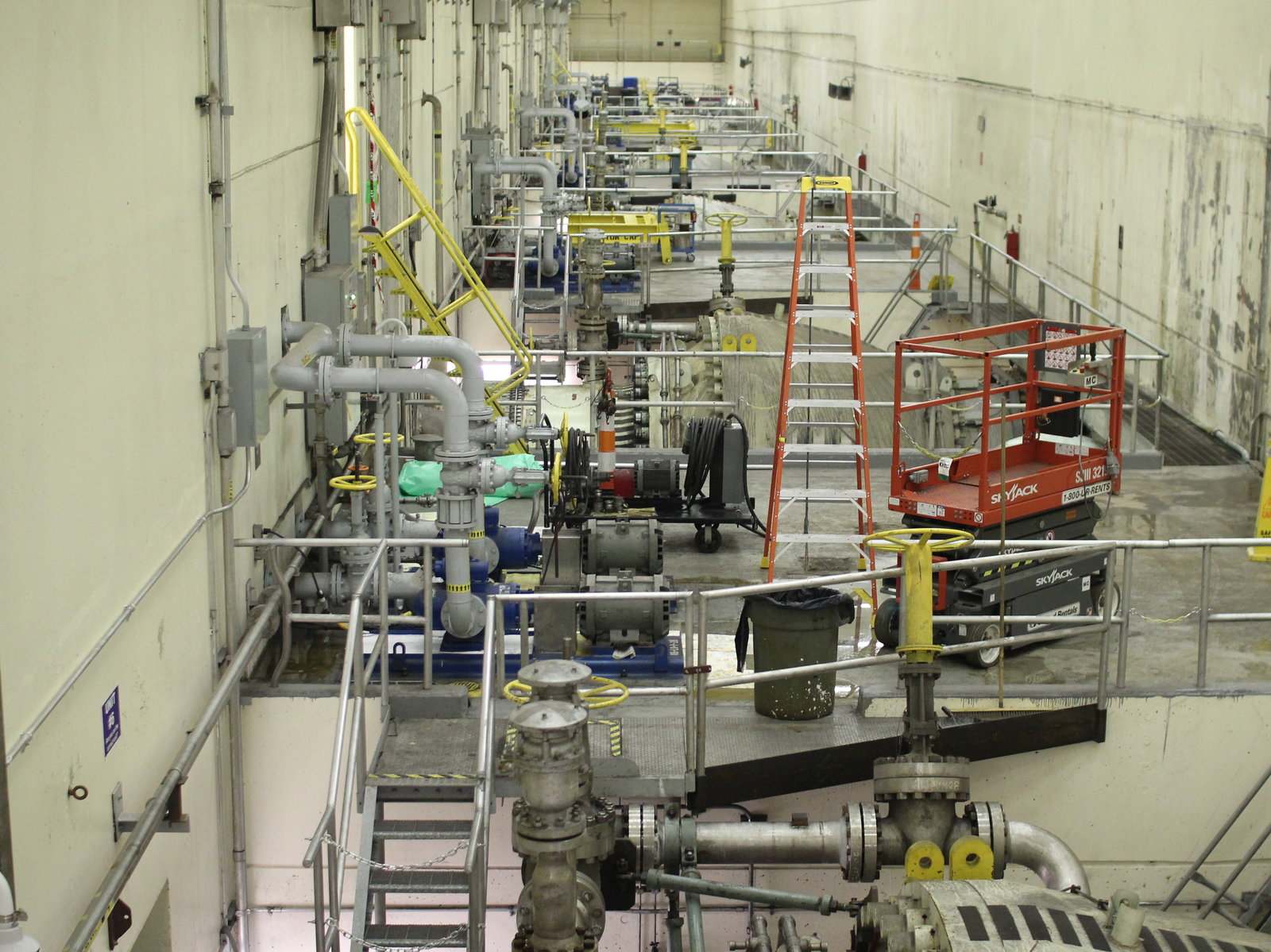Planet Money dives into renewable energy storage

What good is solar energy if we can’t store it? Solar energy storage remains a sticking point that has long stood in the way of a transition to a fully solar-powered economy. Traditional lithium-ion batteries are still either too small or too costly to store all the power generated by PV solar farms during an average day of sun exposure. This means fossil fuel-powered energy generation is still required to meet municipal and commercial needs come sundown. This episode of Planet Money looks at the methods that are out there to make solar energy storage more viable.
Pumped-storage plants save surplus energy for a rainy day: The episode dives deep intoA pumped-storage facility in the state of California has been utilizing solar energy to power a set of pumps that draw water up from the bottom of a lake to a dammed reservoir suspended hundreds of feet up a mountain. It argues that this may be the best way to do it as wildly innovative solutions such as storing excess solar power in tunnels, silos and even people’s homes have mostly failed to address the issue at a large enough scale or reasonable price to warrant a transition.
Check out the full podcast and details on all the cool ways energy can be stored from Planet Money here (Listen, runtime 21:06).
How does it work exactly? The extracted water stored behind the dam can later be released down the same pipelines and back through the pumps that are capable of capturing the kinetic energy created by the flowing water at a fraction of the cost of comparable storage solutions.
Egypt is looking to incorporate methods such as pumped-storage hydroelectricity stations to its smart grid design. The Egyptian Electricity Holding Company was in talks last year with China’s Sinohydro to inaugurate a hydroelectricity station at Attaqa. The final contracts were scheduled to be signed earlier in 2020, but the timeline has been pushed back due to the outbreak of covid-19. Last we heard, the plant would be financed through an Export-Import Bank of China facility to the tune of USD 2.6 bn and is expected to store 2.4 GW of energy.
Check out Part 1 and Part 2 of our coverage on how Egypt is upgrading its electricity storage and transmission infrastructure.